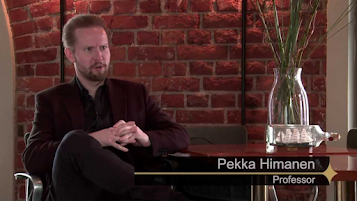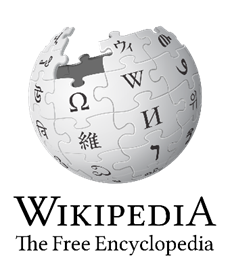Analysis of the Types of Copyleft (Week 6)

Most people who spent their time on open-source projects are familiar with the term “copyleft”. This term itself is widely used in many areas; however, some people may not understand what it is. The word copyleft was firstly used in Li-Chen Wang’s Tiny BASIC program in 1976 [1] . It is now mostly known as a way of giving a permit to freely publish and change the source code with condition that those same rights will be maintained in other works that will derive from the original resource [2] . Furthermore, copyleft is a concept that is often used in the details of a particular copyright license [3] . A few of those examples are GNU General Public License (GPL) and the Creative Commons Attribution Share Alike License. In addition, copyleft consists of three different kinds: strong, weak, and no copyleft. Now that we understand what copyleft means, in the following paragraphs I will analyze how these three different types of copyle...



